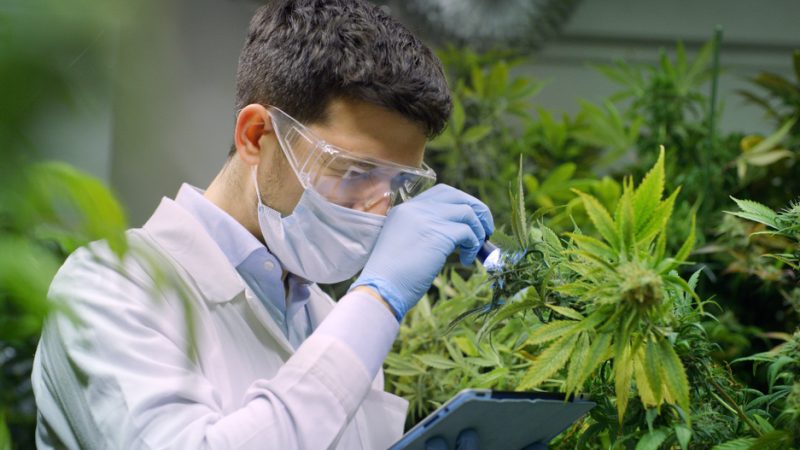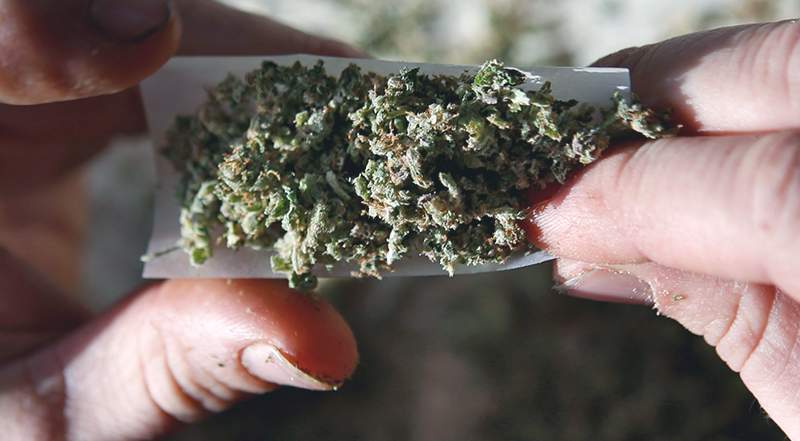Image via
The US National Institute on Drug Abuse (NIDA) is looking to hire a contractor that can grow and analyze 4 million grams of research-grade cannabis over the next five years. This decision heralds a paradigm shift in federal policy, which has so far forced scientists to rely on low-quality schwag for research studies.
Last week, NIDA published a 172-page request for proposal (RFP) notice soliciting applications from contractors capable of producing massive quantities of high-quality bud. Specifically, the agency is looking for someone that can grow 4,000 kg of weed – that’s around 8,800 pounds, or 4.4 tons – between March 23, 2023 and March 22, 2028. Contractors must be able to produce clean, contaminant-free cannabis, test it for quality and potency, and roll it into more than 12 million joints.
NIDA will require the winning contractor to “produce or procure cannabis, cannabis extract and other cannabis-derived materials for basic and clinical research, and conduct quantitative and qualitative analysis, stability determination, and recommended storage conditions for these products for approved research,” Marijuana Moment reports. “Cannabis is used in a large variety of research projects and this contract serves as a source of such material in the U.S from the Federal government.”
In the first year of this contract alone, the winning cultivator must provide 500kg of weed, enough to roll around 1.6 million joints. The contractor will be required to produce “bulk cannabis and cannabis cigarettes” that comply with federal cGMP [current good manufacturing practice] regulations. The contractor will also need to “maintain a stock of cannabis preparations such as bulk and cigarettes of varying potencies of various cannabinoids, and cannabis extracts for distribution.”
This lucrative contract is not just open to anyone. The RFP lays out over a hundred pages of rules and requirements that the winning applicant will need to comply with. The position is only open to institutions that have received a Schedule I research registration from the DEA, which rules out pretty much every business that currently grows weed for state-legal medical or adult-use markets. NIDA said that it may award the contract to one business, multiple businesses, or possibly even no one at all.
The feds have actually been providing cannabis researchers with legally-grown weed since the late 1960s, but with one serious catch. Up until recently, the DEA only authorized one institution – the University of Mississippi – to grow pot for research purposes. And despite over 50 years of experience, this school has only managed to produce moldy, stem-filled, low-THC schwag. This poor-quality government grass has compromised several important clinical studies and forced researchers to come up with creative alternatives.
Researchers eventually sued the DEA over this useless monopoly, and the agency finally began licensing additional research cannabis growers this year. The DEA at last seems to be recognizing the therapeutic potential of Schedule I drugs and just massively increased the quantities of cannabis, MDMA, psilocybin, and other psychedelics that it makes available to researchers.











